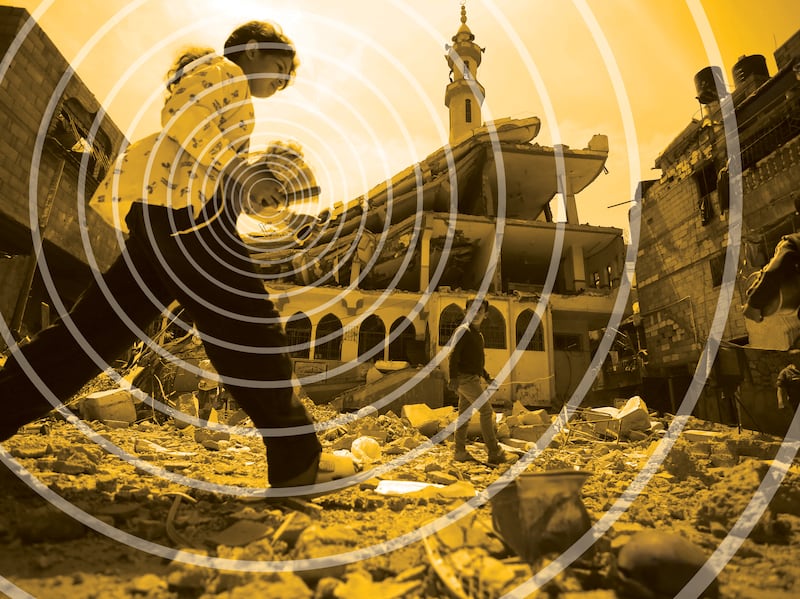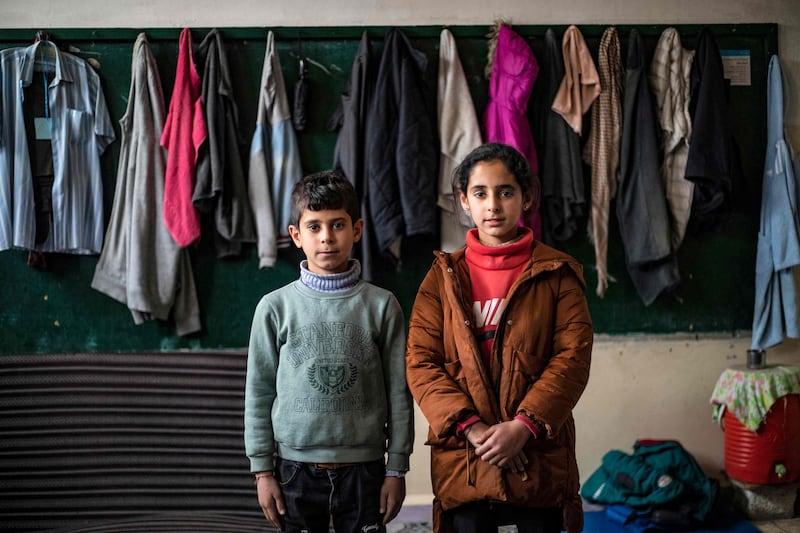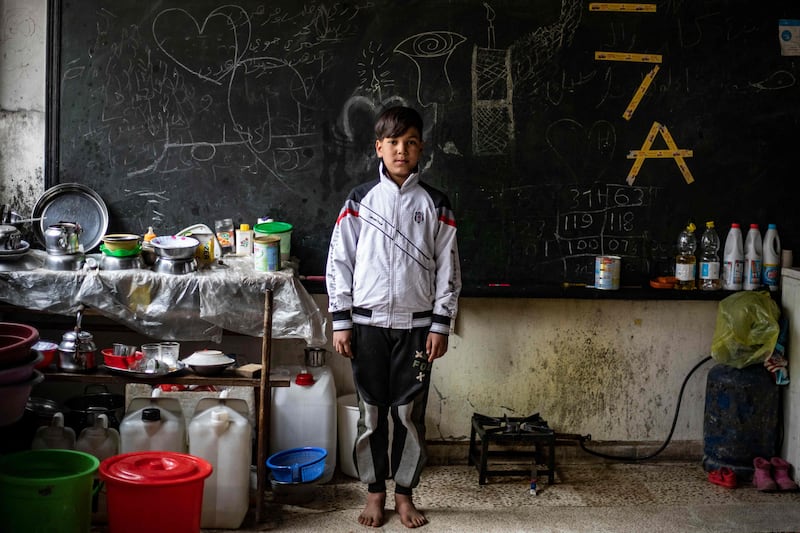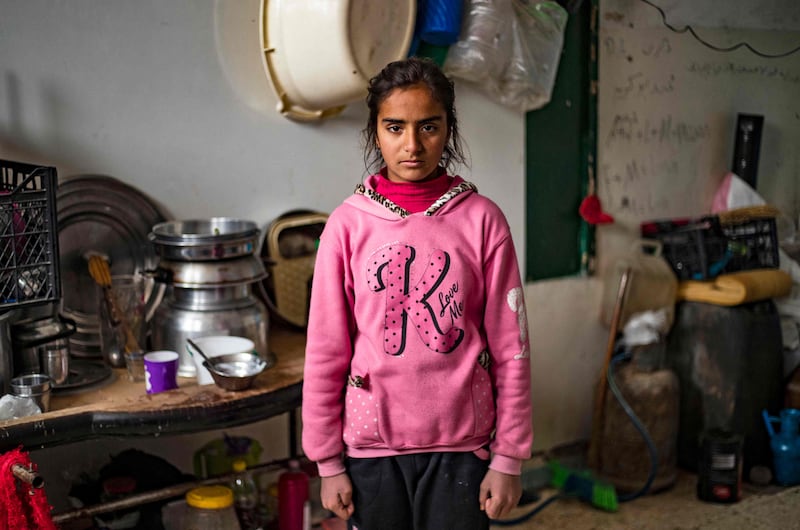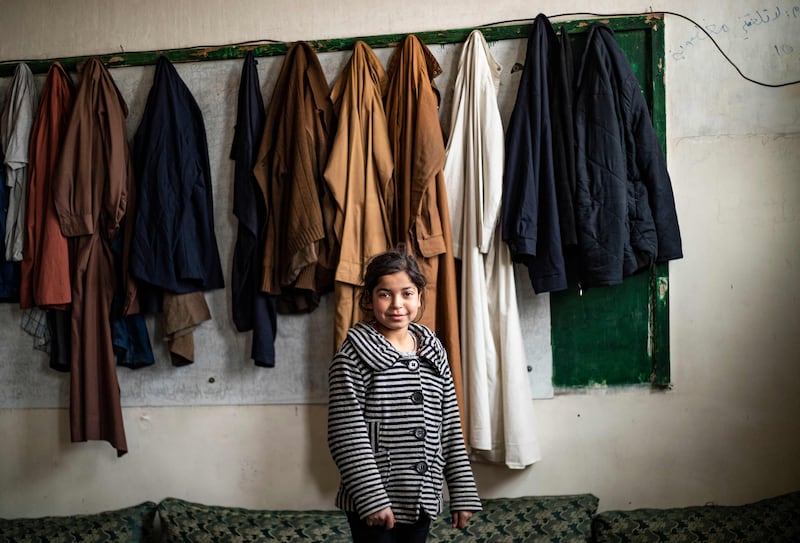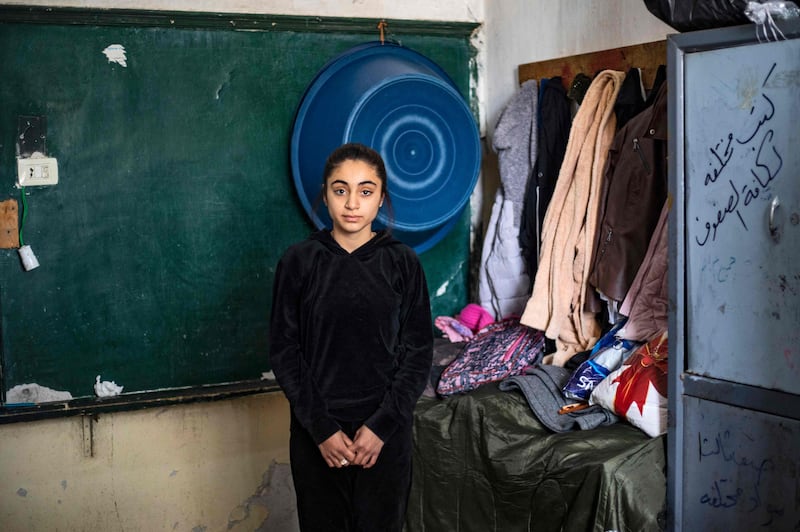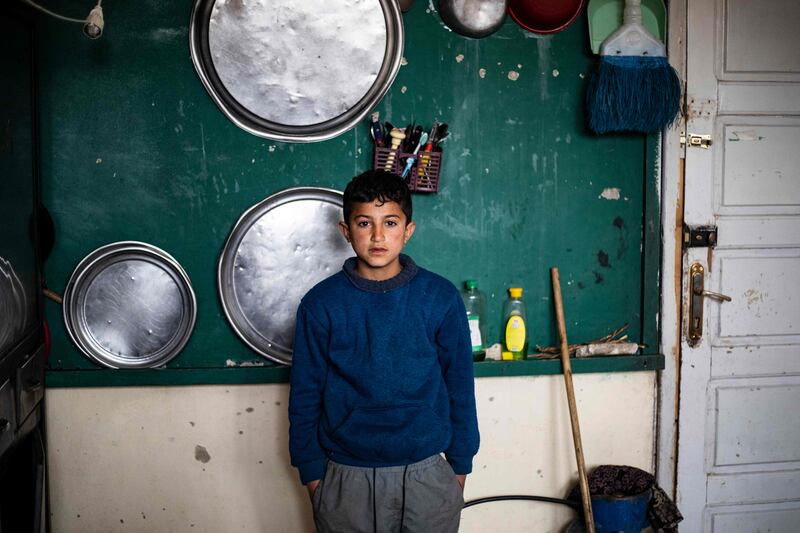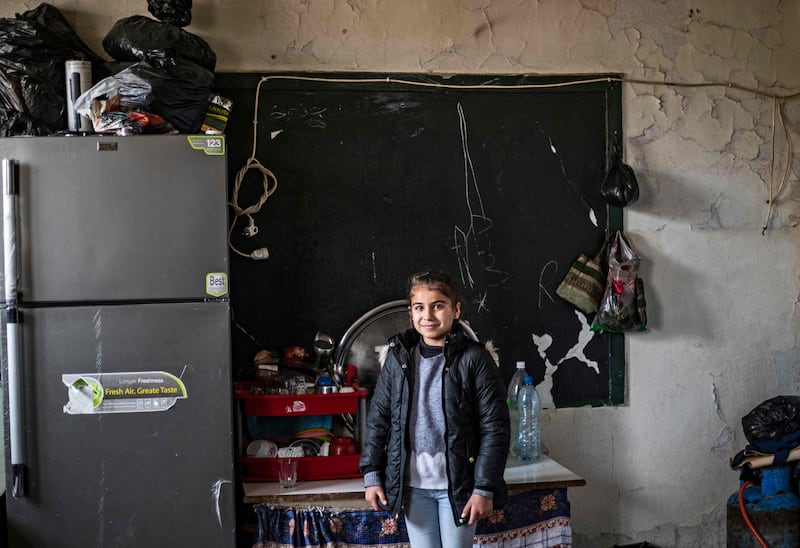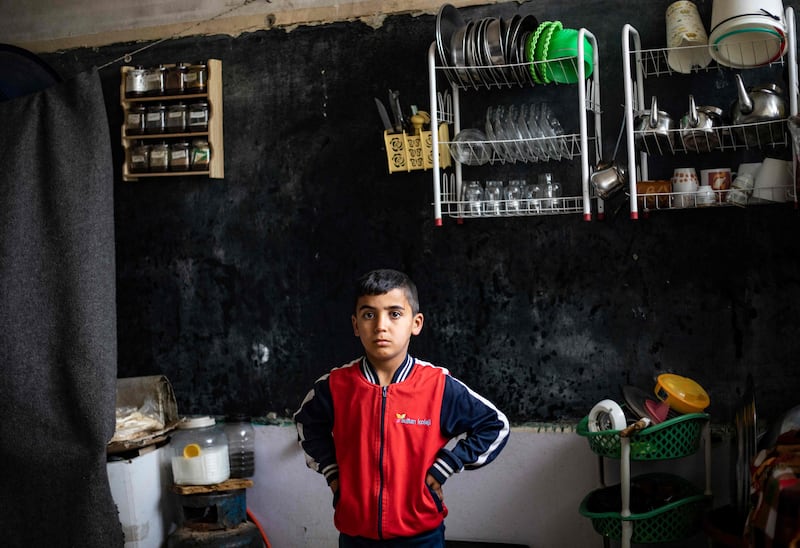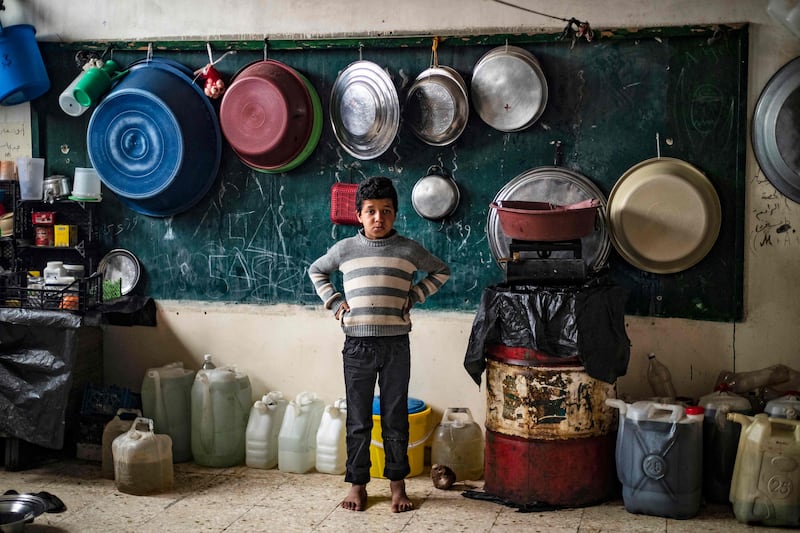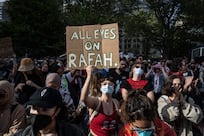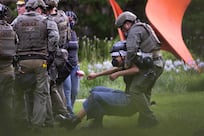The ongoing violence in Gaza, including Israeli bombardment and blockade, has led to catastrophic humanitarian suffering for more than two million Palestinians – half of them children – who are now without shelter, clean water, food and vital medical services.
Thousands of children are orphaned, unaccompanied or separated from their families, and many have suffered life-altering physical injuries from conflict, including traumatic amputations. Beyond the immediate threat to life and limb, the mental health crisis among children is a catastrophe in its own right. The International Rescue Committee’s teams in Gaza are witnessing children in hospitals who are overwhelmed by despair.
Dr Seema Jilani, a senior emergency health adviser for the IRC who recently worked alongside Palestinian medical professionals in Al Aqsa Hospital, recounted: “I never thought as a paediatrician that I would be useful in a war, but I was treating war-wounded children and pronouncing them dead at rates I had not done before. The children of Gaza deserve better.” She urged that “no one should have to undergo this dystopian level of destruction, despair and disintegration of their community”.
Displaced Gaza children describe living in a school
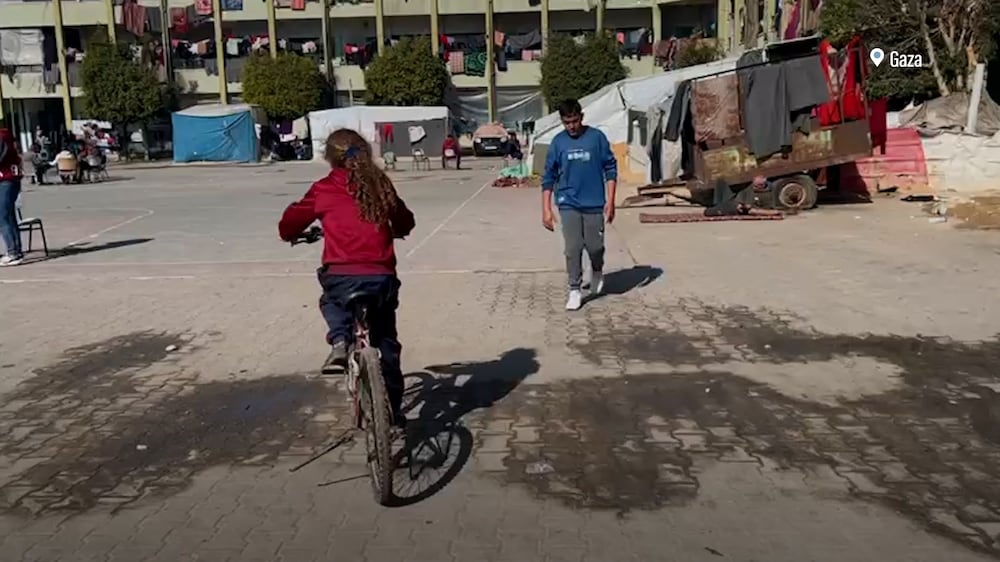
As children continue bearing the brunt of war, they are being starved by Israel’s blockade and bombardment. The Integrated Food Security Phase Classification’s projection of imminent famine in Gaza is a profound failure of humanity. World Health Organisation officials have found children dying of starvation in northern Gaza’s hospitals. While in southern Gaza, where aid is more accessible but still desperately inadequate, the UN estimates that 5 per cent of children under the age of two are now acutely malnourished. The conflict has led to the creation of a new abbreviation, given the huge number of children brought into hospitals whose family members have been killed: “WCNSF” or “Wounded child, no surviving family”.
Educational disruption is total. More than half a million children have had no access to education for more than six months. Nearly 90 per cent of all school buildings in Gaza are now damaged or destroyed. And more than one million people are using the remaining school buildings as shelters.
The IRC has repeatedly argued for an immediate and sustained ceasefire. We continue to make that case. But we also have to make the case for massively more humanitarian aid, alongside uninterrupted humanitarian access. We cannot wait for a ceasefire to get more aid to civilians in need.
As the IRC and other humanitarian agencies continue to advocate for and deliver lifesaving support, we also need to think about the future of children in Gaza and the occupied West Bank. With an entire generation now at risk from severe trauma, investment in early childhood development is a vital investment in the future as well as the present.
Children’s early years are pivotal for their lifelong growth. This period is crucial, especially for those living through conflict and displacement, where the stakes for their development are significantly heightened. Severe and prolonged stress and trauma in the first years of life can have profoundly detrimental effects on children’s futures and threaten the stability of the region. And yet early childhood development receives less than 2 per cent of global humanitarian funding.
These are the hard lessons of the past 13 years of war in Syria, which has left millions of children with a legacy of trauma, displacement and years of lost learning – and the impetus for Ahlan Simsim, our early childhood development initiative.
Launched by the IRC and Sesame Workshop through a $100 million grant from the MacArthur Foundation, this groundbreaking initiative has reached more than three million children in Iraq, Jordan, Lebanon and Syria with vital services such as early education programmes and caregiver support. More than 29 million children have watched the locally produced Arabic-language version of Sesame Street inspired by the beloved Iftah ya Simsim TV show that aired in the 1980s across the Arab world.
Research underscores the potential for other contexts. Our 11-week remote preschool programme delivered to Syrian refugee children in Lebanon showed statistically significant effects on children’s learning comparable to one year of traditional in-person preschool, particularly for literacy, numeracy and social-emotional skills. Additionally, watching the Ahlan Simsim TV show significantly increased children’s ability to identify emotions and apply a simple regulation and coping strategy. These "emotional ABCs” form a crucial foundation for all young children – especially those living in conflict zones.
These results underscore that children in Gaza need support now. They need safety, health and food immediately, and they also need early childhood development services that counteract the harms of severe trauma to set them on a trajectory to not only survive but to thrive in the coming years. To meet that need, the IRC and Sesame Workshop are collaborating to enhance the suite of existing Ahlan Simsim resources with content that includes a sharper focus on children’s and caregivers’ mental health and psychosocial support. Looking forward to long-term needs and recovery, we aim to focus on learning loss and continuity of learning, building on the capacities of local partners, and integrating vital early childhood services into child protection, nutrition and health efforts.
The UAE and other Gulf countries, known for their humanitarian commitments including to Gaza and Syria, are uniquely positioned to amplify these efforts across the region. Creative solutions to help children continue developing and learning through conflict and displacement must be a frontline intervention – not an afterthought – to ensure their rehabilitation.
Now is the time to act on proven solutions. By supporting the urgent and immediate needs of children – as well as early childhood development interventions – actors in the Middle East have the opportunity to make an investment in the future of the region. Children from Palestine, Syria and beyond are counting on us to make this vision a reality. We need to end the war but also build the peace.
